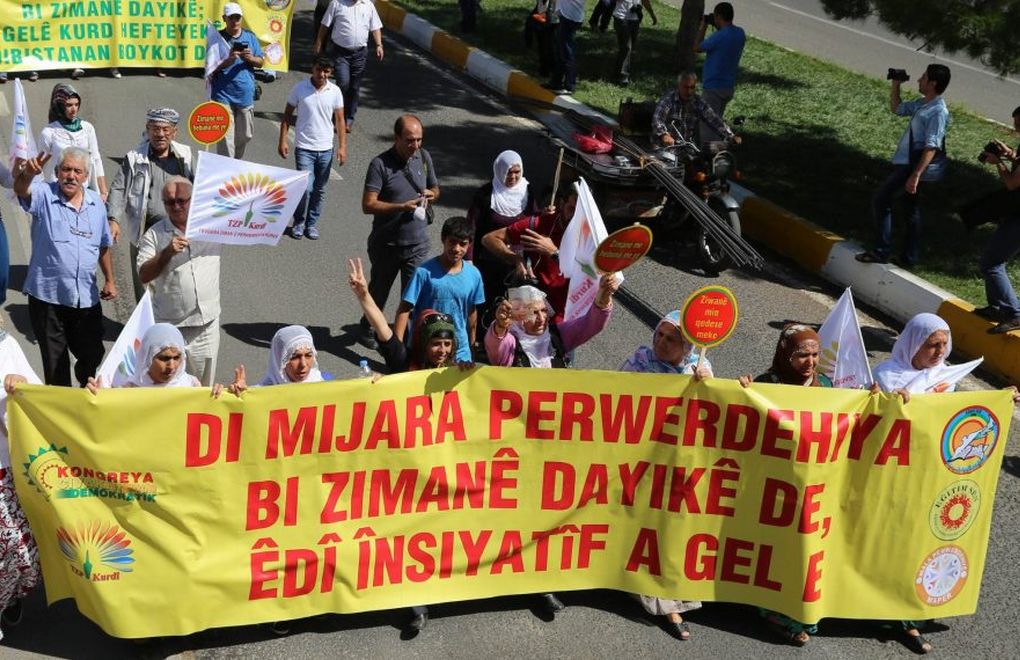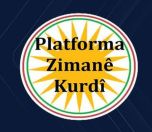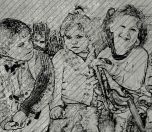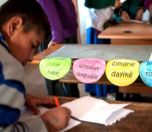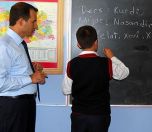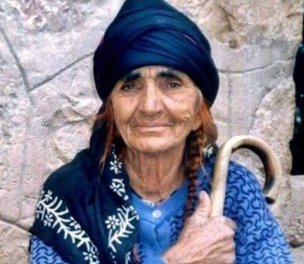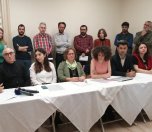* Photo: Yeni Yaşam
Click to read the article in Turkish / Kurdish
On the occasion of February 21 International Mother Language Day, the Diyarbakır-based Socio-Political Field Research Center has published a report regarding people's use of their mother languages in Turkey.
Prepared based on the surveys conducted with 1,476 participants from 40 provinces, including 20 metropolitan cities, from January 20 to February 7, 2021, the report has briefly revealed the following findings:
'Armenian and Circassian now spoken less'
"The vast majority of the participants (94.9 percent) say that their mother language is 'Kurdish' while 3.5 percent indicate their mother language as 'Circassian', 1.2 percent as 'Armenian', 0.3 percent as 'Arabic', 0.1 percent as 'Syriac' and 0.1 percenet as 'Laz language'.
"Moreover, 60.9 percent say that they mostly use 'Kurmanji' in their households while 31.1 percent say that they use 'Turkish', 5 percent say 'Zazakî/Dimlî', 1.5 percent say 'Circassian', 0.3 percent 'Arabic', 0.3 percent 'Armenian', 0.3 percent 'both Kurdish and Turkish', 0.2 percent 'Turkish, except for the elderly', 0.1 percent 'Laz language' and 0.1 percent say that they mostly speak in 'Syriac' within their households.
"The study has found a striking drop in the rate of those using Armenian and Circassian languages within their households.
"It is also understood that almost one out of every three people with Kurdish as their mother language do not mostly use Kurdish at home.
"According to the study, which has found that this decrease has been more pronounced in social life, 61.5 percent say that they use 'Turkish' on the street and in their social lives while 36.4 percent mostly use 'Kurmanji', 1.2 percent 'Zazakî/Dimilî', 0.6 percent 'Kurmanji/Turkish', 0.2 percent 'Circassian', 0.1 percent 'Arabic', 0.1 percent 'Laz language' and 0.1 percent indicate that they mostly speak in 'Syriac' on the street and in their social life.
"Respondents are also asked how frequently they use their mother languages in certain places and environments. Accordingly, 52 percent say that they 'never' use their mother languages in public offices.While 31.1 percent say that they use their mother languages 'rarely', 13.6 percent answer 'from time to time.' Only 3.4 percent of the participants say that they speak in their mother languages 'often' in in public offices.
Only 5.3 percent report no discrimination
"According to the answers given to the questions aimed at measuring people's perception of discrimination within this context, 72 percent of the participants having a mother language other than Turkish say that they are frequently subjected to discrimination in 'public offices.' Only 5.3 percent of the participants answer this question with 'Never.'
"When distributed by mother languages, 73.5 percent of those speaking Kurdish, 52.9 percent of those speaking Armenian, 50 percent of the ones speaking Laz language, 42 percent of those speaking Circassian and 25 percent of the ones speaking in Arabic as their mother language say that they are frequently discriminated against in 'public offices.' The others generally answer with 'from time to time' and 'rarely'.
"The respondents are also asked whether they feel uneasy about using their mother languages. When they are asked whether they feel uneasy while using their mother languages in public transportation, 39.5 percent say, 'Yes, I feel very uneasy'. While 25.3 percent answer this question with 'partly', 33.8 percent say that they do not feel uneasy.
"According to the survey results, all language groups other than Laz feel uneasy while using their mother languages in public. This rate is the highest among the Syriac and Kurdish speakers." (EMK/SD)




